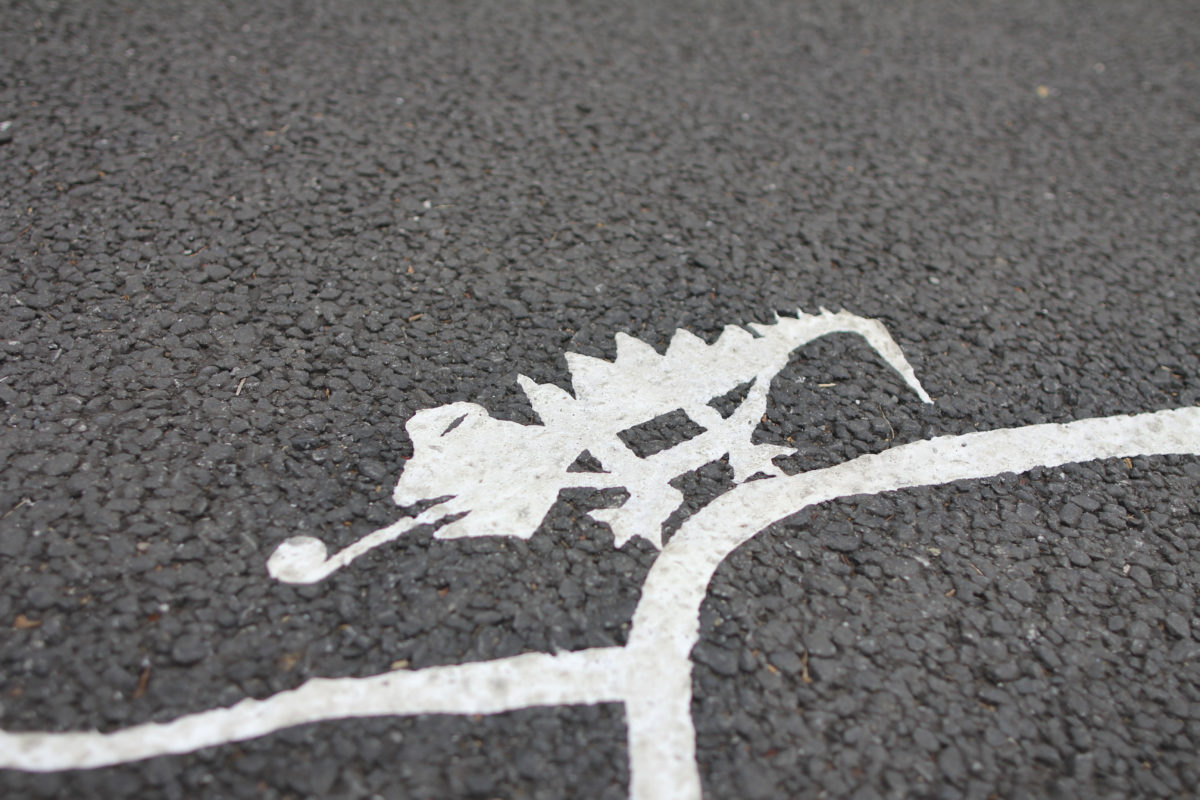Marketers talk a lot about brands growing and expanding, but when should a brand pull back? Here are five common growth mistakes that companies run into and the best things to do if you want to recover.
No-one likes to admit they’re wrong, but every brand makes mistakes at some point or has something happen that affects brand performance, even viability. The pivotal factor is what happens next. While your legal and risk teams will be concerned about liability, the objective for every marketer is to guide their brand through whatever has occurred with as little reputational fall-out as possible so that they can recover as quickly as possible.
- You’ve over-committed – you’ve extended your brand too far, or you’ve licensed your brand past the point of credibility. Either way, your brand is at risk of collapse, or at the very least reputational damage, unless you pull back, consolidate and refocus. It’s easy for brands to continue to diversify in a bid to seek out new revenue streams. The discipline comes with knowing when enough’s enough. The art lies in bringing the brand back to a point where it’s then ready to regrow.
- You’ve gone too far – maybe it was an ad, a tweet, a public statement, something one of your senior leaders said … whatever it was, you’ve offended a sizeable constituency and right now they’re letting their feelings be heard. First, judge whether the pushback is genuinely damaging or just noise. If it’s just what Hilton Barbour refers to as “the outrage orchestra”, it might be best to let it go. They’ll blow themselves out in good time. If you’ve done wrong, stop doing or endorsing or justifying what people are upset by. Better yet, amend your action and acknowledge that you are doing so through feedback. I’m not suggesting that every brand should kow-tow to every criticism, but if you have over-stepped and/or made a branding mistake, you need to get your brand out of that situation as swiftly and as gracefully as you can.
- You’re stuck in a market where you can’t grow – tides can turn very quickly in markets. One moment, you’re buoyant, the next you’re in danger of stranding. Shifts in technology, new attitudes, politics, economics and consumer confidence can significantly affect brand and sales performance. Over-confidence leads to branding mistakes. The best marketers I’ve met have a ‘sixth sense’ for the environments they operate in. Their instinctive read for what will happen can be uncanny. Yes, you can monitor the numbers – but in reality that’s just a reporting exercise unless you also truly commit to acting on what you’re seeing. Too many don’t.
- You’ve lost sight of the customer – I’m all for competition, but some brands take it too far. In their bid to out-perform a rival, they focus on that brand to the exclusion of all other factors. Cola wars, burger wars, beer wars … we’ve all seen this before. Not only are such battles costly, they rapidly turn into tit-for-tat slanging matches. If you find yourselves in the sights of an over-zealously comparative competitor (particularly if it’s a challenger brand), be careful what you allow yourself to be drawn into. Who stands to gain the most if you return fire? My own view is – never allow yourself as a brand to engage in a conversation with a rival you cannot control. It’s a mistake.
- It’s a bad idea (and it’s just going to get worse) – brands run on ideas. Without them, consumers quickly get bored. But not every idea is going to work and, like mistakes, every brand is going to explore opportunities that end up going nowhere. Again, recognising that something hasn’t worked and that time won’t change that is a big call. Sunk investment bias kicks in, meaning many will keep looking for a deadline extension in the hope that ‘things will come right’. Strict success criteria and an escalating exit plan (that allows you to de-invest as certain milestones aren’t reached) are critical to getting out in an orderly fashion.
What to ask to avoid repeating brand errors
Today every brand needs to be pushing boundaries to stay competitive, yet dealing with failure remains something of a taboo in anything but the start-up space. My view is that every brand needs that speculative element if it is to remain fresh, and with that must come a willingness to resource what works and retreat from what doesn’t.
The best way to avoid repeating a mistake is to then review what has happened and to draw key lessons. Key questions for me:
- What happened that you didn’t account for?
- What did you miss, and what caused you to overlook it?
- Who did you not involve that you should have?
- How long did it take you to spot that you needed to react?
- Was your retreat successful and why?
- Would you pursue the idea again, but with critical variations to the core thinking (in other words, was the concept wrong or the execution?)
- What fallout has there been? (and what does that say about your company’s attitude to trying new things?)
Note: A version of this post has been published elsewhere under the title When Should A Brand Retreat?

